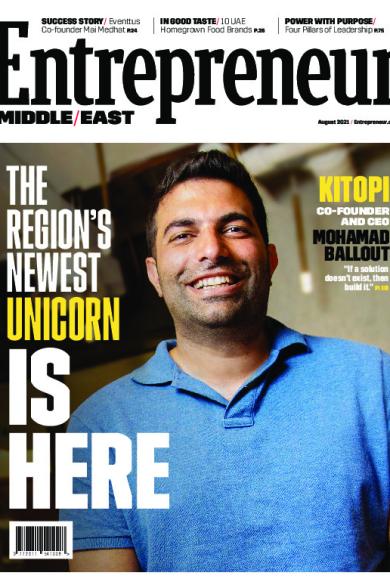
2021 08 Entrepreneur Middle East
- Uploaded by: sofiane 1993
- Size: 31.5 MB
- Type: PDF
- Words: 29,538
- Pages: 90

* The preview only shows a few pages of manuals at random. You can get the complete content by filling out the form below.

sofiane 1993 - 31.5 MB
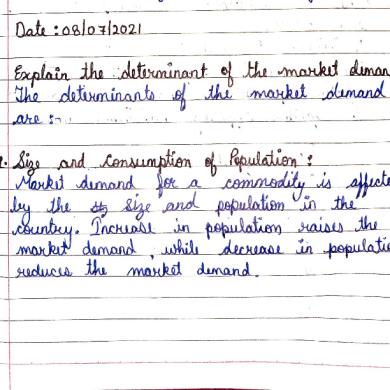
Pranay Choudhary - 1.8 MB

Riza Shinta R - 158 KB

- 200.9 KB
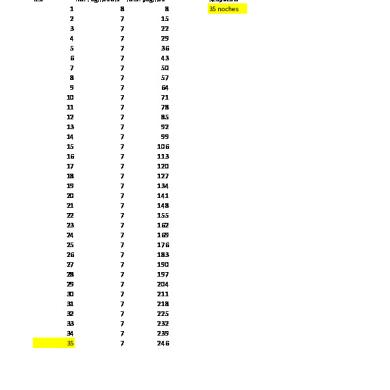
ezm lostwolf0 - 76.4 KB

Gokú Del Universo 7 - 90.5 KB
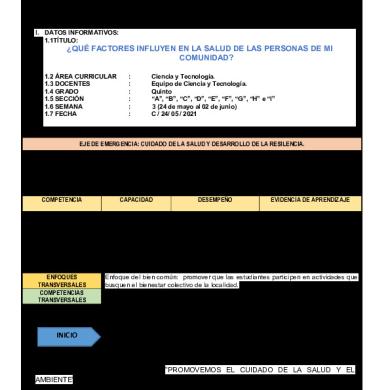
Cinthia Cachay - 725.6 KB
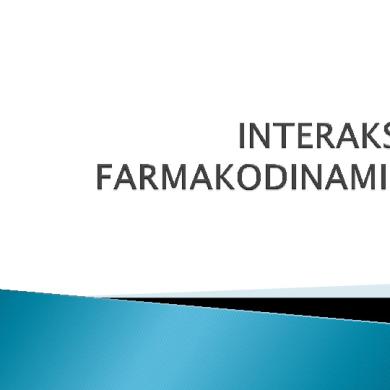
fiqri - 789.3 KB
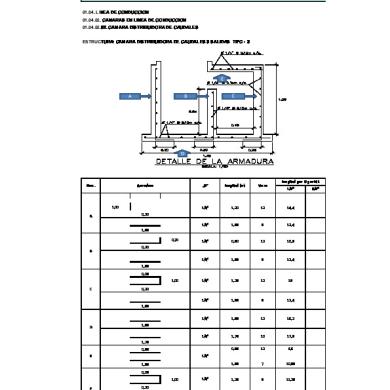
lucas lauraesquivel - 386.5 KB

- 369.8 KB

Sigit Ariyanto - 179.5 KB
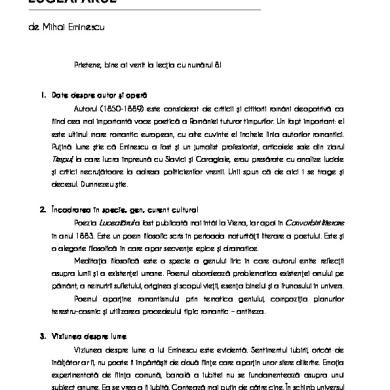
andreea-georgiana dabija - 86.3 KB
© 2025 VDOCS.RO. Our members: VDOCS.TIPS [GLOBAL] | VDOCS.CZ [CZ] | VDOCS.MX [ES] | VDOCS.PL [PL] | VDOCS.RO [RO]